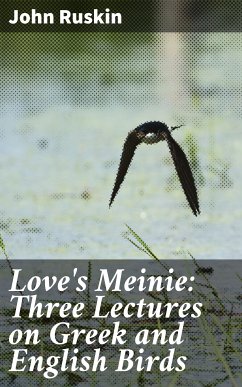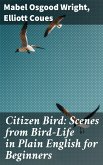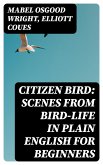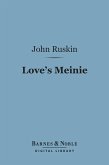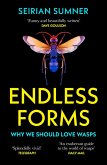In "Love's Meinie: Three Lectures on Greek and English Birds," John Ruskin artfully intertwines natural history, art, and poetry, exploring the intrinsic value of birds in both the Greek and English literary canons. The text melds an engaging lecture style with lyrical prose, reflecting Ruskin's profound appreciation for nature's beauty and its moral significance. By observing avian life, Ruskin comments on broader themes such as innocence, suffering, and the interconnectedness of life, drawing upon classical references to highlight the aesthetic and spiritual dimensions of the natural world. John Ruskin, a prominent Victorian critic and social thinker, is renowned for his contributions to art criticism and his fervent advocacy for social reform. His early exposure to the natural world, coupled with a deep-rooted belief in the moral lessons that nature imparts, undoubtedly influenced his focus on birds as symbols of divine creativity and inspiration. His interdisciplinary approach combines art, literature, and ethics, making him a pathfinder in the genre of naturalistic observation. This book is a must-read for those interested in the intersection of literature and nature, as well as for admirers of Ruskin's aesthetically rich prose. It will resonate with anyone who seeks a deeper understanding of the natural world, while also appreciating the timeless wisdom and beauty embedded in the observations of one of the most influential thinkers of the 19th century.
Dieser Download kann aus rechtlichen Gründen nur mit Rechnungsadresse in A, B, BG, CY, CZ, D, DK, EW, E, FIN, F, GR, H, IRL, I, LT, L, LR, M, NL, PL, P, R, S, SLO, SK ausgeliefert werden.

